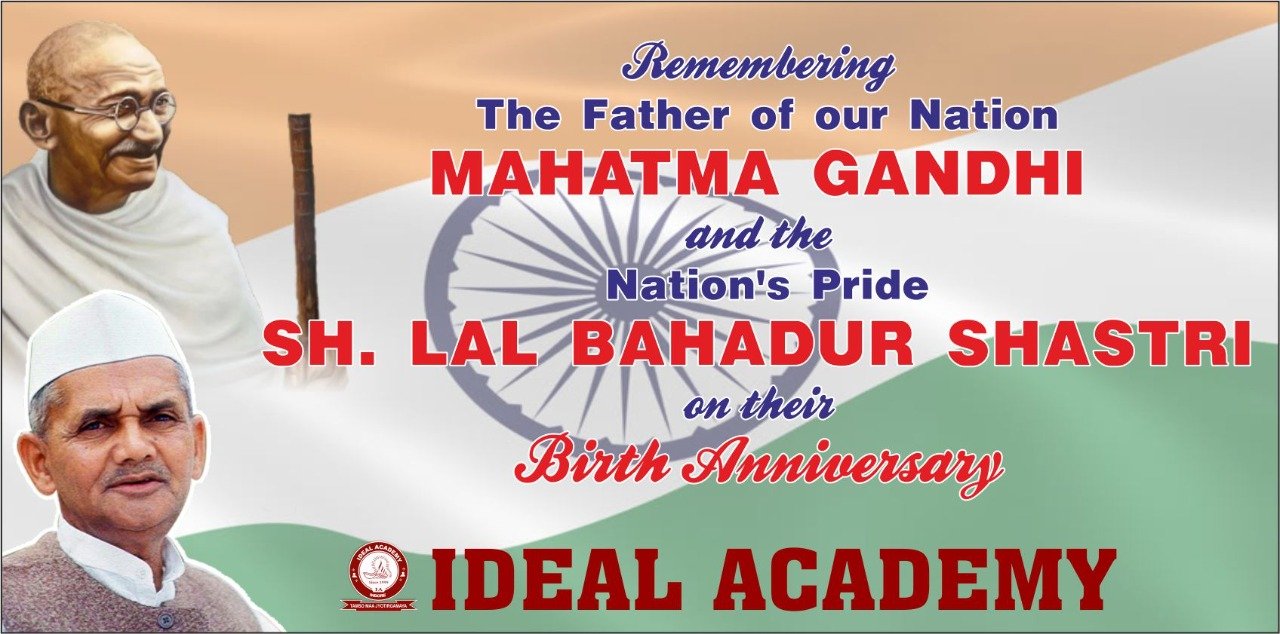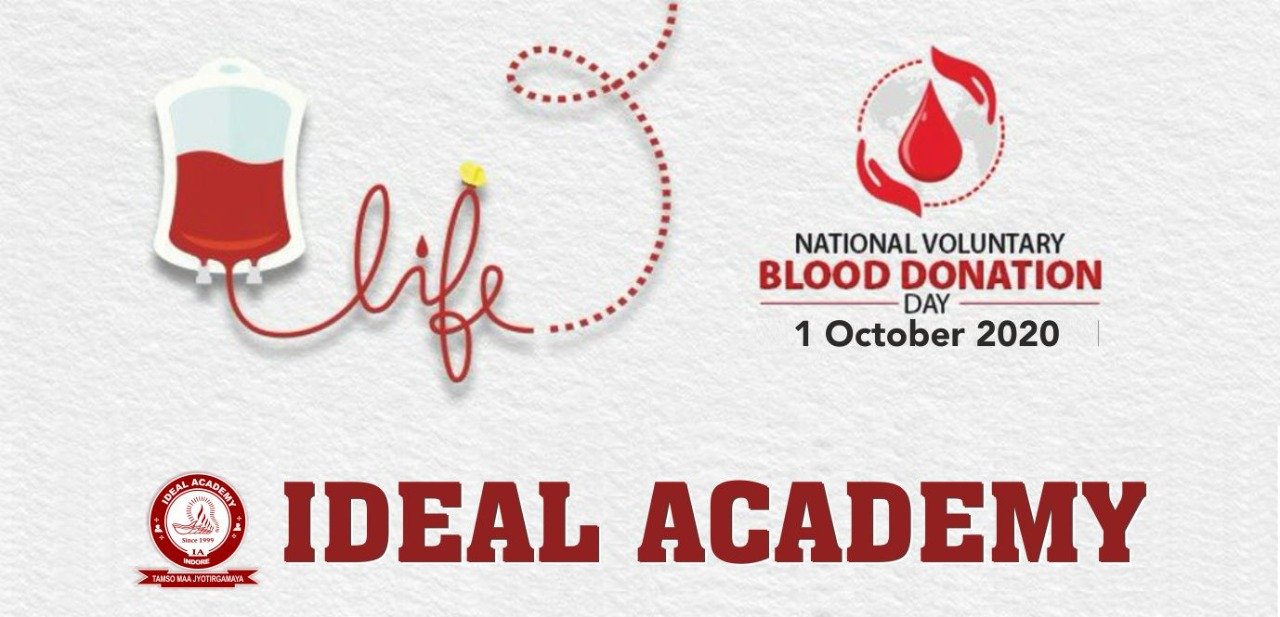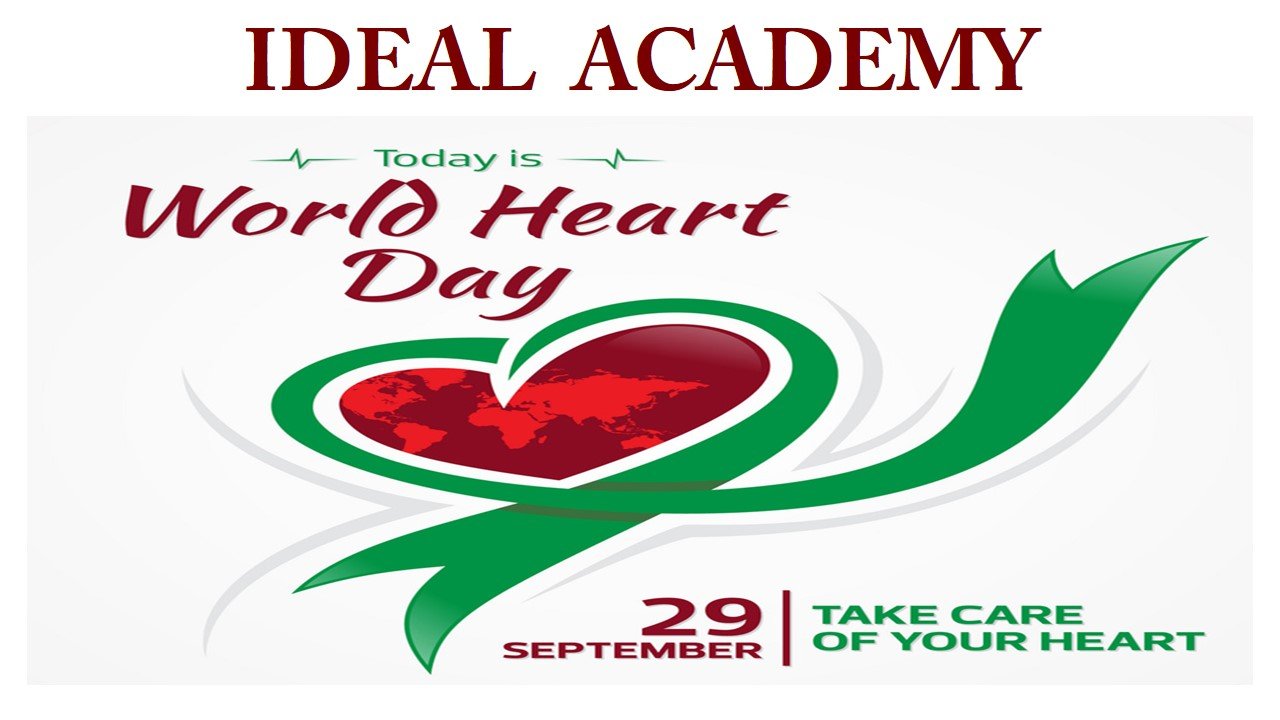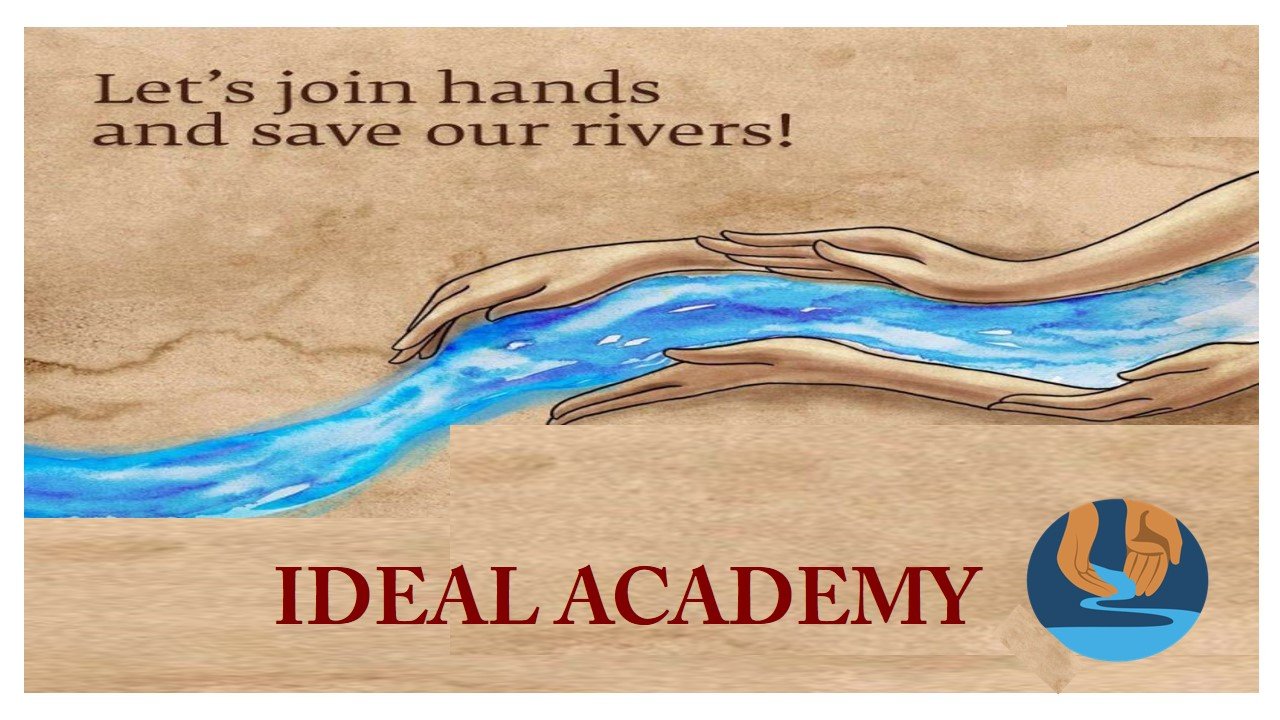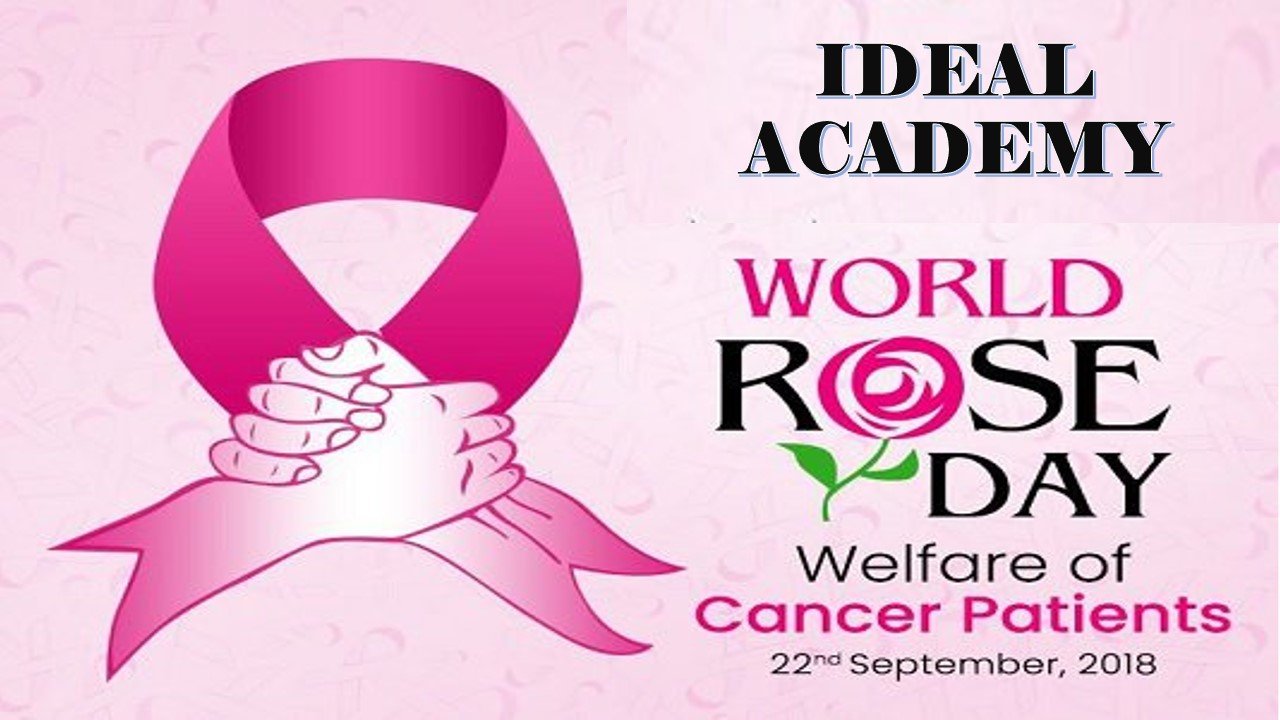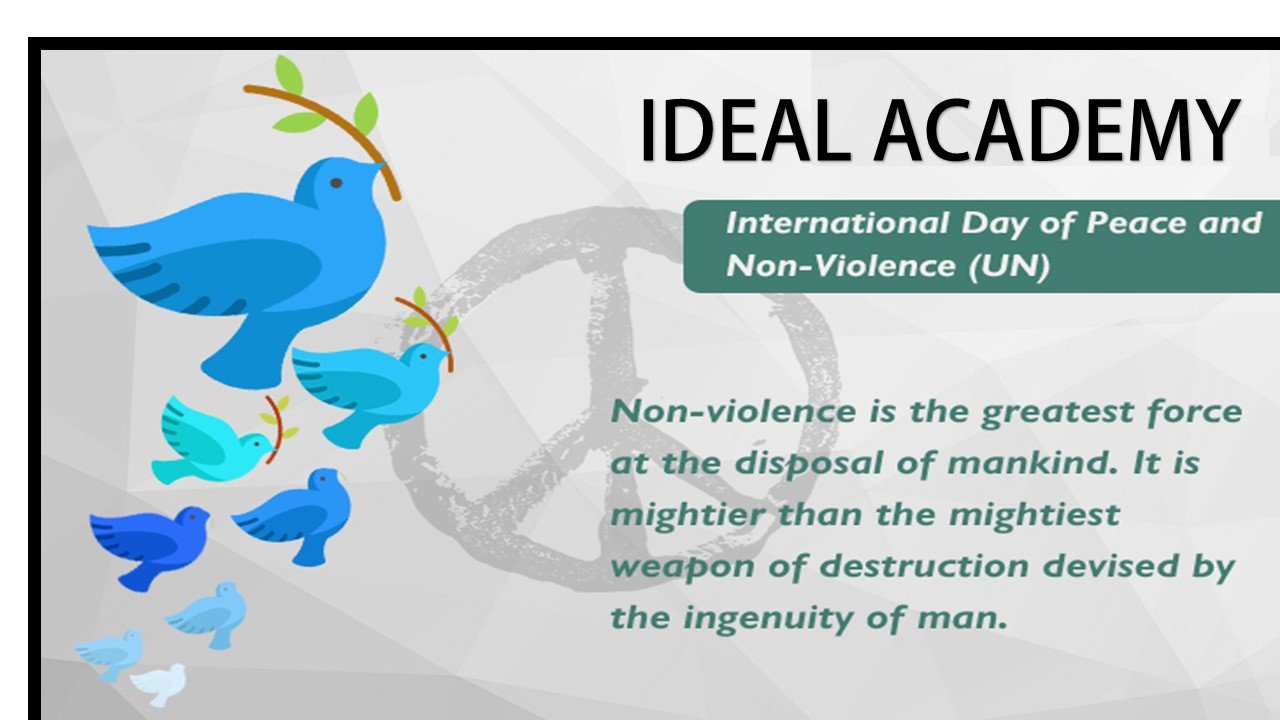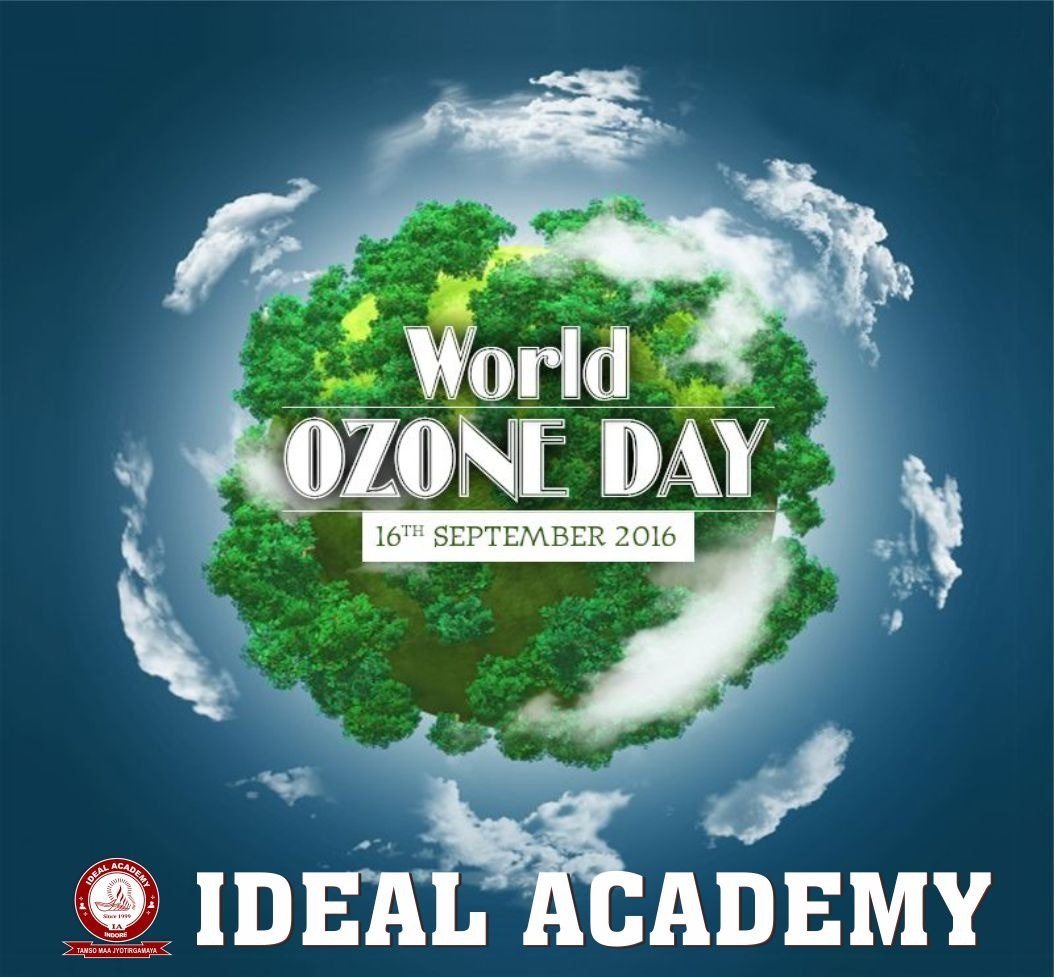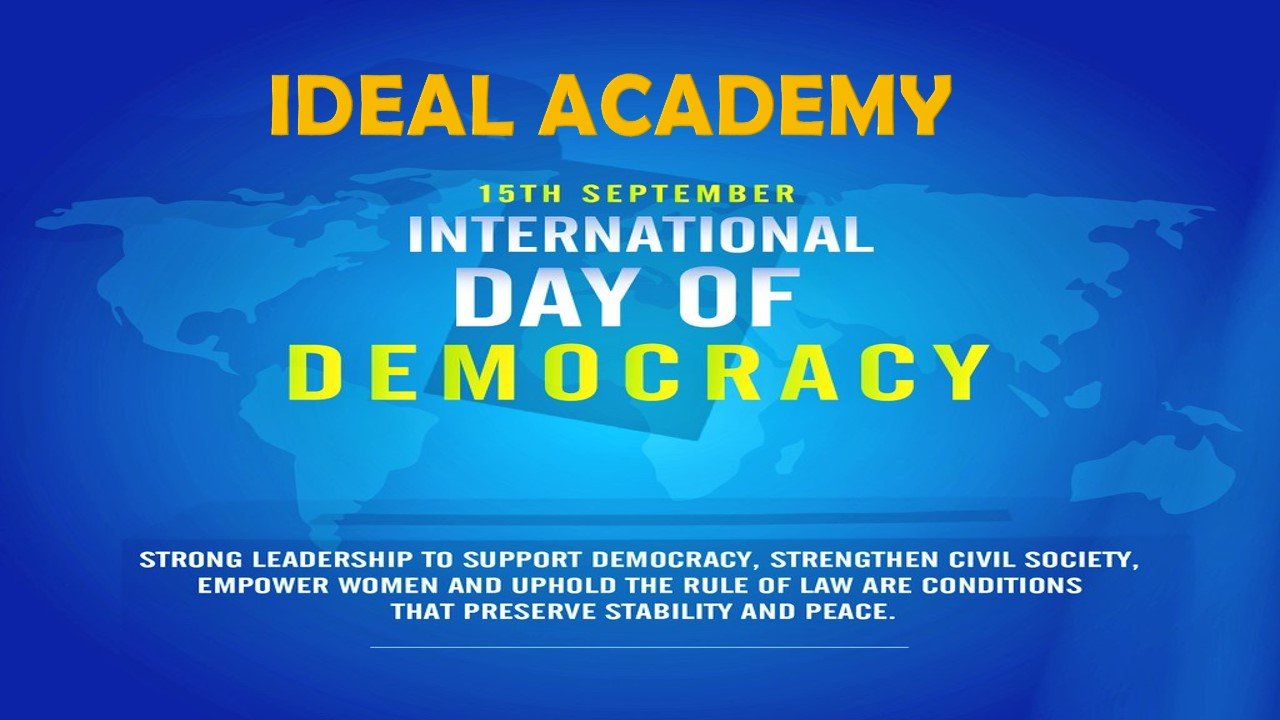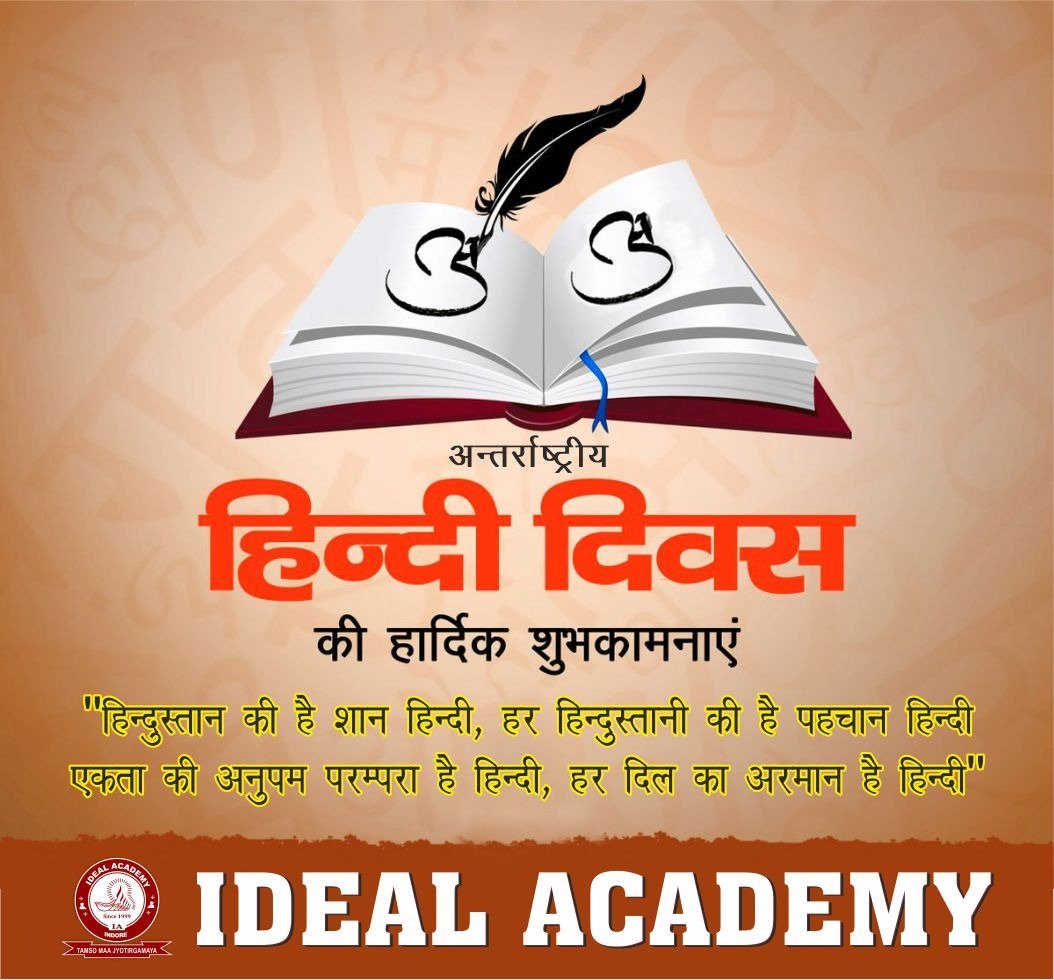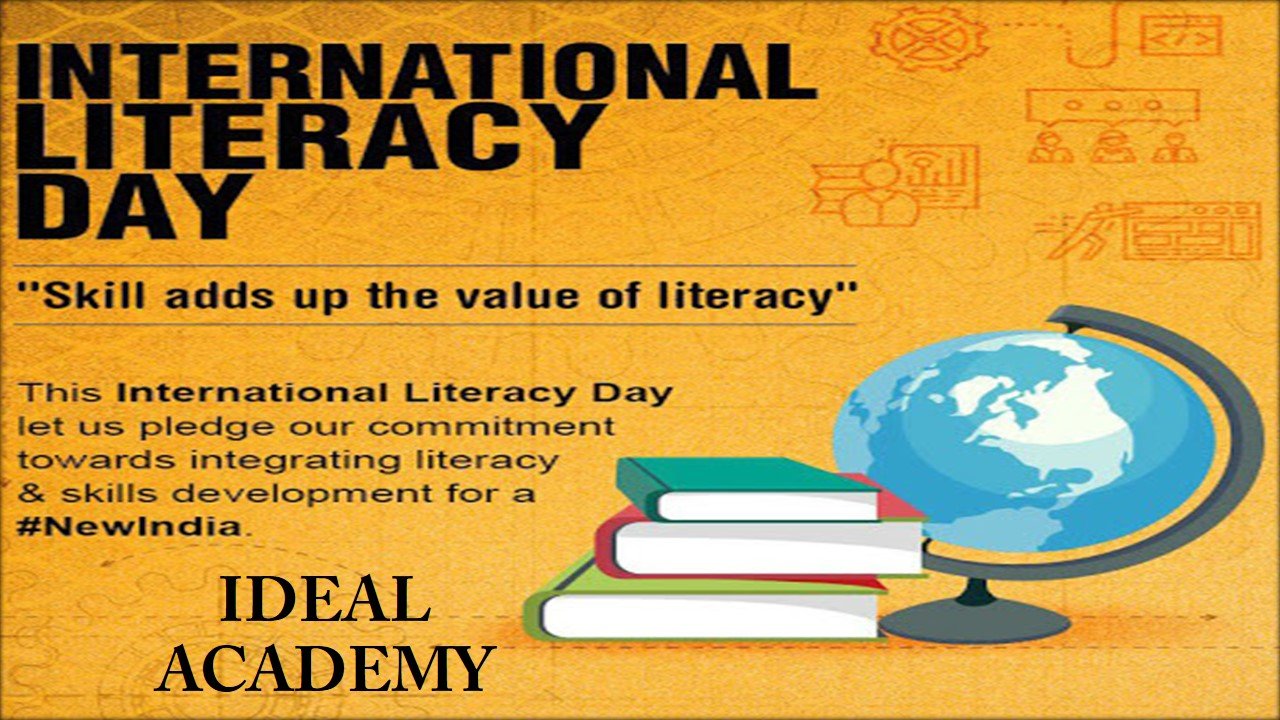01 October 2020 –
“We make a living by what we get. We make a life by what we give.” – Winston Churchill
Celebrating National Voluntary Blood Donation Day was observed On October 1, National Voluntary Blood Donation Day is regularly celebrated in India to share the need and importance of blood in a person’s life.
It was first celebrated on October 1, 1975, by the Indian Society of Blood Transfusion and Immunology. Indian Society of Blood Transfusion and Immunology was recognized on 22nd October, 1971 under the leadership of Mrs.K. Swarup krishen and Dr. J.G.Jolly.
The following are the basic objectives of the opening day to educate the overall public everywhere around the country about the importance of the purpose of a blood donation; one is to effectively fulfill the mission of voluntary blood donation to meet the need of the homeless.
Patients and the last is to store blood in blood donation centers for any urgent and real need. It is repeatedly stated in the relevant forums that the secured blood donor is a volunteer of his own free will and does not expect any monetary benefit.
Voluntary blood donors are the protectors of humanity. The importance of observing the day, such as National Voluntary Blood Donation Day, is to mobilize, encourage and encourage volunteers to donate blood and be healthy.
This is a motivation for those who do not donate but are in good health to start donating blood. Donate for charity or donate only to relatives or friends.
It is also celebrated today to say our thanks and strengthen the self-confidence of the volunteers who donate blood so that they can continue to do so regularly.
This message should be communicated to a large number of people so that voluntary donation becomes a big movement.
Transferring or donating blood or parts of it to the needy has become an integral part of humanity in the modern health care system. It doesn’t matter who the bloodline or receiver is.
Always remember this – today’s donor may be the recipient of tomorrow! Therefore, voluntary blood donation with no hope is a crucial part of the lifesaving process.
To highlight the need to commit and donate blood throughout the year. It is very important to maintain adequate supplies and achieve universal and timely access.
To mobilize support at the national, regional, and global levels in governments and development partners to invest, strengthen and sustain national blood programs.
Voluntary unpaid donors are the foundation of a safe and stable blood supply in 100% of the blood supply in 62 countries.
Healthy donors range in age from 18 to 65 years. The isolation of one unit of blood into its various parts benefits many patients.
All donated blood should always be tested for HIV, Hepatitis B, Hepatitis C and Syphilis before transfusion.
National Voluntary Blood Donation Day October 1st is a significant day was celebrated for save someone’s life, life is precious than others things in the world.

